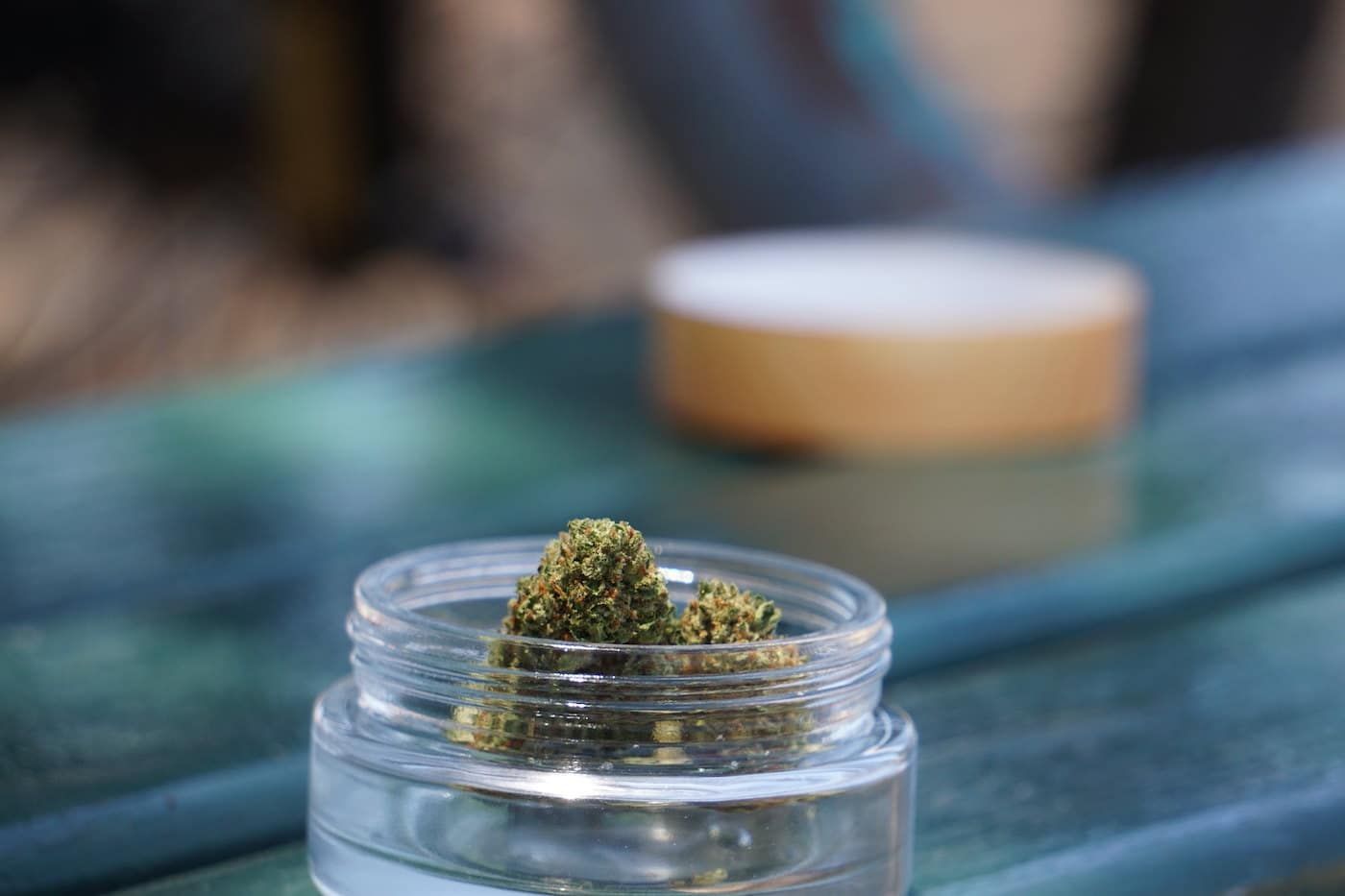Harm Reduction Principles for Effective Parenting
October 7, 2022 | Barry Lessin, M.Ed., CAADC
When confronted with the news that your child is using drugs or alcohol, normal parental worry quickly escalates to fear. Many parents often feel helpless and out of control, especially when attempts to intervene fail. It can be like trying to drive your car from the back seat, or even worse–from the trunk.
Fear and parenting don’t mix well. What we do know is that flexibility and being open to different approaches is the cornerstone to effective parenting. My work with teens, young adults, and their families embraces the principles of harm reduction. This approach is grounded in public health and it can help the parent remain in the driver’s seat of family control.
The philosophy of harm reduction is based on our knowledge that human beings will always be engaged in behaviors that carry risks, like using alcohol and other drugs and unsafe sex. This premise parallels psychological theories of normal adolescent development, during which taking risks and challenging authority help children establish independence and identity. Harm reduction looks to shift the focus from attempting to restrict or prohibit risky behaviors to reducing the negative consequences associated with them.
The good news is that we don’t need to reinvent ourselves as parents. Consider these harm reduction principles and how they can empower you to more effectively manage your child’s drug and alcohol use and misuse.
Reasons for drug use
Our brains are hard-wired to move toward pleasure and away from pain. Substances help us relax, sleep, have fun, improve creativity, and cope with the pain associated with more serious mental health issues.
You can improve communication with your child by thinking of substance use in these terms—and of the user’s “relationship” with the substance.
So rather than starting with a warning about dangers, try focusing on the child’s own experience, such as: “How do you feel when you take this drug? What does it do for you?” This is more likely to engage your child in a mutual exploration. Teenagers have their own reasons, which likely reflect common issues that most kids face, such as stress, depression, and pressures to “fit in.” Parents often forget that they were teenagers once, facing the same challenges.
Meeting people where they’re at
Engage your teenager in a supportive process of change by starting with his or her beliefs and attitudes about drug use. Meeting “where they’re at” requires parents to put aside their own opinions in order to listen. Listening encourages open, honest dialogue.
Teens in conflict with parents over drug use are often mired in distrust and defensiveness, having long ago tuned out lectures and warnings. Think about saving your breath when launching into lecture mode. I’ve found in my work with teenagers that even when they continue to deny the extent of their substance use, many teens will admit that they want to regain fractured parental trust. Meeting “where they’re at” is a good place to start.
Small positive steps
Even if change is desired, the process of change is frightening and it can sometimes feel overwhelming. Most people tend to resist changing all at once, and research shows that change occurs in predictable stages. Family problems usually take some time to develop and some time to resolve.
Small steps leading to small improvements in behavior—the experience of success—can give everyone some confidence and hope, which drives the process forward. Even a high-achieving child’s self-esteem is vulnerable, so it’s important to voice appreciation and encouragement for any positive change he or she makes along the way.
No need to hit bottom
The notion that everyone with a serious drug or alcohol problem has to “hit bottom” before they’re ready for change is a myth with the potential to do great harm. Research shows that most people enter treatment or make positive changes in their substance use without hitting bottom.
The concept of tough love embraces this myth and can damage or even destroy a child’s life-sustaining connection to the only people who truly care. In the absence of violence or abuse in the home, kicking a child out of a family could potentially be disastrous.
Parents learn about the evils of enabling when support groups and counselors, in the interest in creating healthier boundaries, encourage us to directly confront our kids and not back down to the often self-destructive manipulating that some teens will engage in. Enabling can become a badge of shame and failure that many parents wear when they repeatedly fail in their attempts to affect the course of their child’s addiction or mental health problems.
Meeting people “where they’re at” and making small positive steps are realistic strategies to replace tough love and the assumption to “hit bottom.”
Flexibility and compassion
When confronted with drug use that’s worrisome, parents will frequently jump to a zero tolerance approach, often accompanied by “lockdown” mode—grounding, no cell phone, no online access—in an attempt to eliminate all risk. Recently a teenager, in his own wisdom, said to me: “If my parents think these punishments will stop me from getting high, they’re wrong!” Indeed, we can’t prevent children from using drugs if they’re determined to. That fact, combined with zero tolerance’s zero flexibility, keeps anxiety high, often locking everyone into a destructive cycle.
Certainly compassion can be sorely tested when parents feel angry, hurt, and raw in response to their child’s destructive opposition. But research shows that when parents connect with their teens and lead them with a light but stable hand, staying engaged but allowing independence, they generally do better throughout life. Human beings respond more favorably to harm reduction’s compassion and flexibility – characteristics essential to effective parenting.
Reality-based education
Teens want reality-based drug information given with honesty and the faith that they can make up their own minds. They prefer to learn from their friends, but whether they admit it or not, the wisdom of therapists and parents resonates with them because they appreciate that adults have already faced the same difficult issues.
You know your children the best. If you need help in dealing with your child’s substance abuse, seek the professional guidance of an addiction specialist. Working with a professional will help you regain confidence and empower you on the right path for effective parenting. You can learn to establish healthy boundaries that will balance your needs and the needs of your family, while always providing a safety net for your troubled teenager.




